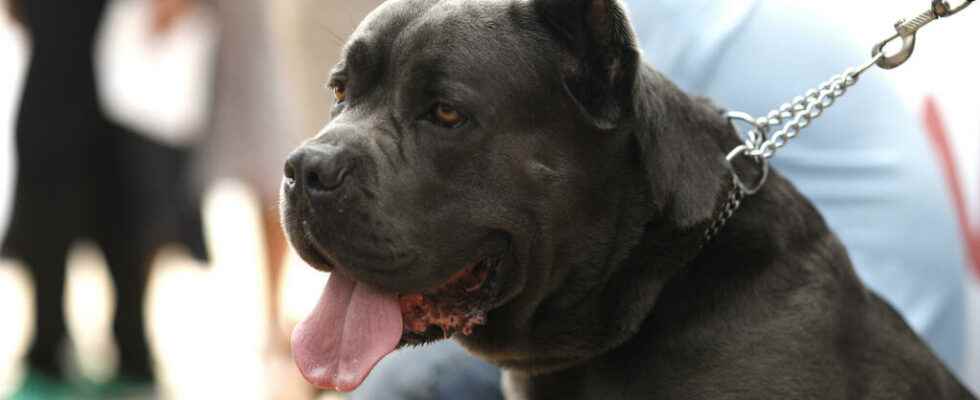A dog has been infected with monkeypox from its owners in France. This is the first case of human-to-animal transmission recorded by the World Health Organization (WHO). Even if for the moment, the WHO is reassuring, the transmission of the virus to animals represents a possibility of spreading the disease.
L‘World Health Organization give two tips. First to people infected with the disease: you have to stay away from your pets when you are contagious. Then to the States where the virus is circulating: good waste management is very important.
” In the major Western capitals, there is little risk of animal contamination via human contamination, although it exists. It will be the multiplication of infections and especially the way in which everyone manages their own, the management of their waste which can be a secondary risk of transmission to the animal “Explains Jean-Daniel Lelièvre, head of the infectious diseases department at the Henri Mondor hospital in Créteil.
Risk of creating a virus reservoir
The reason is simple: non-domestic animals can be contaminated by waste. A greater risk than for pets, according to Dr. Emmanuel Nakouné, scientific director of the Pasteur Institute in Bangui. ” It’s easier to vaccinate pets, we eradicated rabies that way. But the risk is on species like rodents along with rats. If these animals are infected, it will be more complicated, because it will be an animal that can become a reservoir of the virus. »
A reservoir that could allow the virus to replicate and be permanently present in countries affected by monkeypox.
Doctor Emmanuel Nakouné (Institut Pasteur in Bangui): “the risk is that the virus adapts to the animal”
►Also read: Guest France – Monkey pox in France: “Access to vaccination is starting to become easier”
